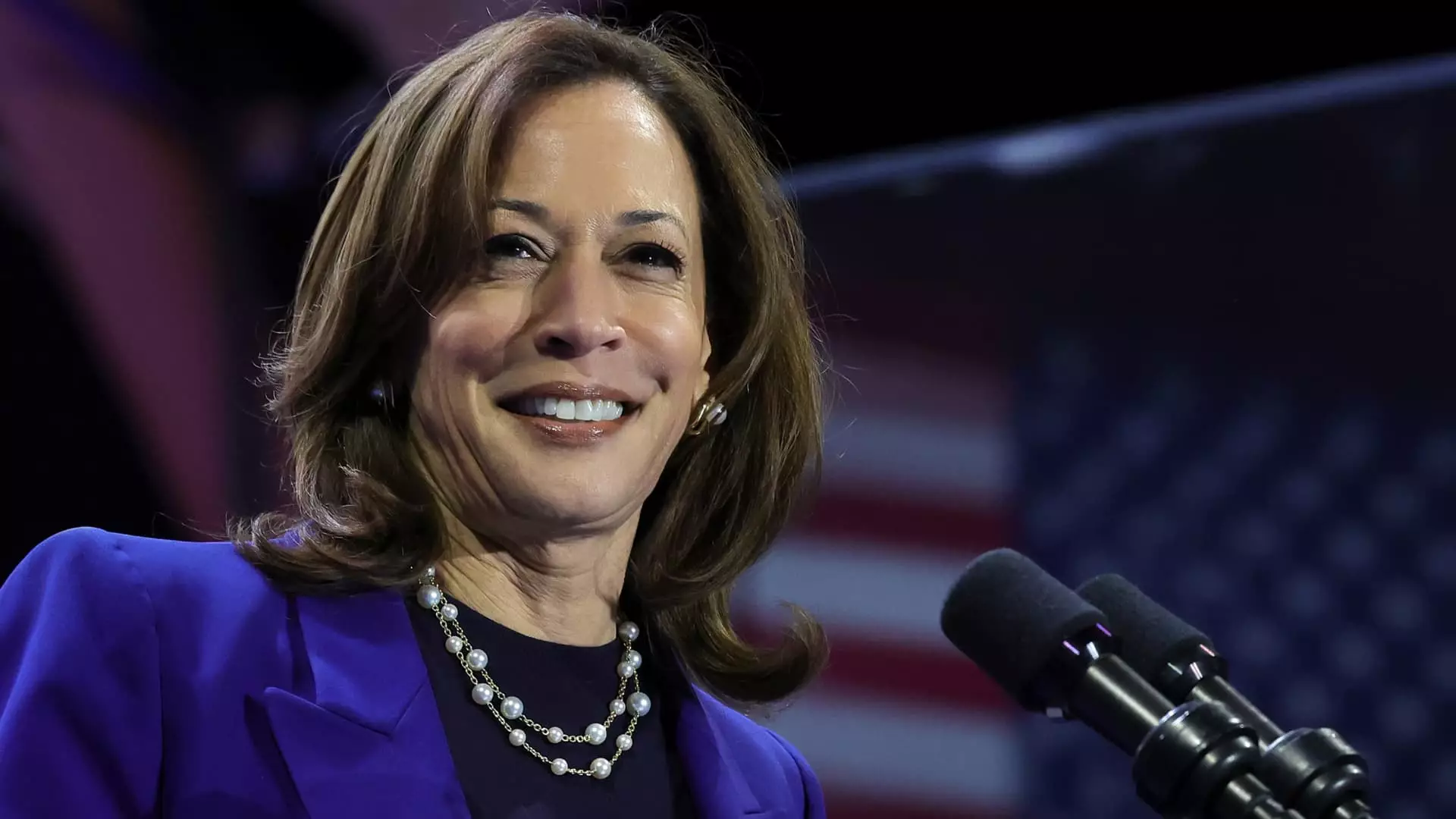In a surprising development just days before Election Day, a new poll indicates that Kamala Harris has edged ahead of Donald Trump among likely voters in Iowa, recording a lead of 47% to 44%. This revelation, disclosed in a Des Moines Register/Mediacom poll, marks a significant 7-point shift towards Harris since September. Although her advantage lies within the 3.4 percentage point margin of error, it has nonetheless caught the attention of political analysts who generally expected Trump to maintain his dominance in the state. Trump, a traditionally strong contender in Iowa, won the state handily in both the previous presidential elections.
The poll was conducted by Selzer & Co., a highly regarded polling firm known for its credibility among political strategists. The survey, which engaged 808 likely voters between Monday and Thursday, showcases the fluid nature of public sentiment as the election approaches. J. Ann Selzer, president of the firm, emphasized the surprising nature of Harris’s surge, stating that the results were unexpected and that her rise to a leading position underscores shifting voter preferences.
A deeper examination of the data reveals that female voters, particularly older and independent women, have rallied behind Harris, propelling her ahead. Selzer pointed out that two significant factors—age and gender—have played a crucial role in shaping the poll results. This polarization among different demographic segments can be indicative of a larger trend in the electorate’s mood as Americans assess the candidates’ viability.
This unexpected lead for Harris opens a window for the Democratic campaign in Iowa, a state that has historically leaned Republican in recent elections, where Trump won by margins of 8 and 9 points. The momentum shift suggests potential cracks in Trump’s voter base and could signal a more competitive race than previously forecasted by pundits. However, Trump’s campaign quickly dismissed the poll as an “outlier,” referencing a contrasting Emerson College poll released on the same day that showed Trump ahead by 10 points.
This dissonance in polling results raises questions about the reliability and representation of voter sentiment in Iowa. While the Trump campaign dismissed the Des Moines Register poll, it indicates a deeper contention within Republican supporters regarding the party’s nomination process and the influence of independent candidates such as Robert F. Kennedy Jr., whose brief campaign and subsequent endorsement of Trump complicates the landscape.
As Election Day nears, the changing tides among likely voters in Iowa suggest a potentially volatile environment. The focus now shifts to how each candidate will mobilize support in the final days leading to the election. Given that neither Trump nor Harris has actively campaigned in Iowa since the presidential primaries, the outcome remains uncertain. The evolving narrative points to a critical juncture for both parties as they strategize to secure a significant foothold in this swing state.
With polling data highlighting the dynamic nature of voter preferences, observers will be keenly watching Iowa as it could serve as a bellwether for wider national trends in the electoral landscape.


Leave a Reply